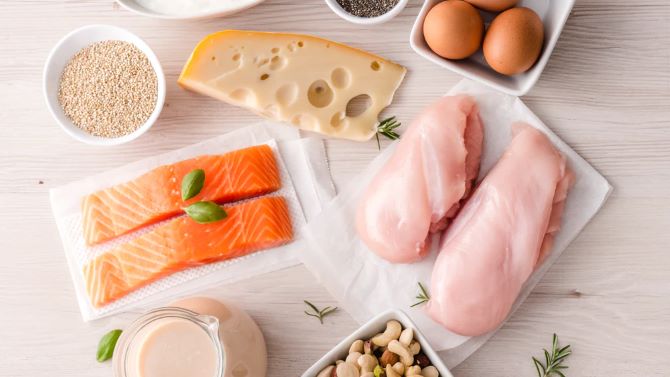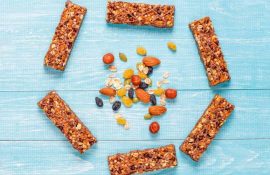Intermittent fasting is a popular dietary approach that helps control weight and improve health. However, food cravings during fasting windows can become a serious obstacle. To help you manage this, we at Joy-pup have prepared simple but effective tips that will make it easier to cope with hunger and stick to your routine.
1. Increase Your Protein Intake

Protein is key to prolonged satiety. Including protein-rich foods in your diet—such as eggs, beans, lentils, nuts, milk, and dairy products—helps control appetite. Protein slows gastric emptying, allowing you to feel full for longer and reducing the chances of impulsive snacking. For example, add a vegetable omelet to your breakfast or a handful of nuts as a snack.
2. Drink Enough Water

Hydration plays a crucial role in regulating hunger. Often, we confuse thirst with hunger, which leads to unnecessary snacking. Drinking water regularly throughout the day helps maintain fluid balance, reduces the risk of overeating, and weakens sudden hunger pangs. Try to always keep a water bottle nearby and take small sips, especially during fasting periods.
3. Add More Fiber to Your Diet

Fiber is an essential aid for digestion and appetite control. Fiber-rich foods like vegetables, fruits, whole grains, and legumes slow down digestion and provide a lasting feeling of fullness. This is especially important during intermittent fasting, when it’s crucial to make the most of eating windows. For instance, a fresh vegetable salad with quinoa or an apple with a handful of almonds makes a great choice.
4. Sleep 7–8 Hours a Day

Quality sleep directly affects the hormones that regulate hunger—ghrelin and leptin. Lack of sleep increases ghrelin levels, which stimulate appetite, and decreases leptin levels, which signal satiety. This can lead to nighttime snacking and cravings for unhealthy food. To avoid this, try to go to bed on time and create a comfortable sleep environment, avoiding gadgets before bedtime.
5. Eat Slowly and Chew Thoroughly

Eating slowly helps the brain recognize satiety signals in time. When you eat quickly, your body doesn’t have time to realize it’s full, increasing the risk of overeating. Thorough chewing not only improves nutrient absorption but also makes the eating process more mindful. Try putting your fork down between bites and focus on the taste and texture of your food.







Only registered users can leave comments